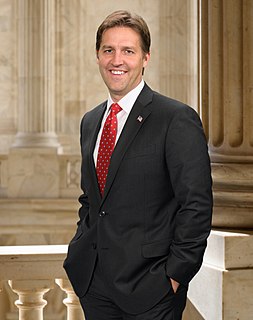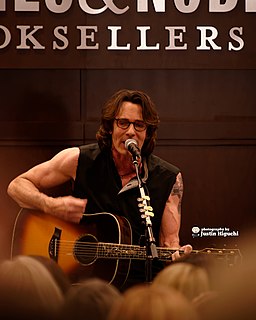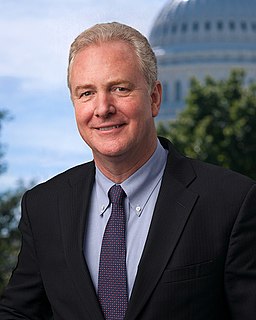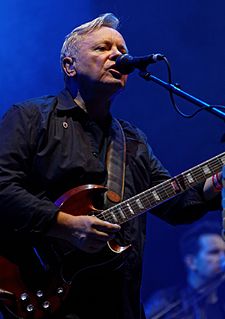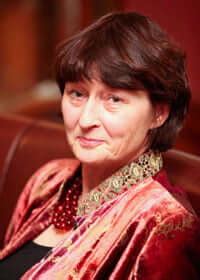A Quote by Vera Farmiga
I'm pretty squeaky clean. No big tragedies in my childhood or adolescence or adulthood. I've had a very easygoing, simple life.
Related Quotes
You look worldwide for the great leaders, and they're pretty thin on the ground, and of course the problem is unless you're squeaky, squeaky clean, something is going to come out of the cupboard. Most people aren't squeaky clean. Most people have fallen by the wayside once or twice in their lives, and because the world is so transparent now, I think they're very fearful of running for office. It's a huge shame, because often people who have really lived and are amazing people can be brought down by a past indiscretion.
Adolescence is a relatively recent thing in human history -- a period of years between the constraints of childhood and the responsibilities of adulthood. This irresponsible period of adolescence is artificially extended by long years of education, much of it wasted on frivolities. Tenure extends adolescence even further for teachers and professors.
I feel that adolescence has served its purpose when a person arrives at adulthood with a strong sense of self-esteem, the ability to relate intimately, to communicate congruently, to take responsibility, and to take risks. The end of adolescence is the beginning of adulthood. What hasn't been finished then will have to be finished later.
It is not however, adulthood itself, but parenthood that forms the glass shroud of memory. For there is an interesting quirk in the memory of women. At 30, women see their adolescence quite clearly. At 30 a woman's adolescence remains a facet fitting into her current self.... At 40, however, memories of adolescence are blurred. Women of this age look much more to their earlier childhood for memories of themselves and of their mothers. This links up to her typical parenting phase.
Childhood in large parts of modern Britain, at any rate, has been replaced by premature adulthood, or rather adolescence. Children grow up very fast but not very far. That is why it is possible for 14 year olds now to establish friendships with 26 year olds - because they know by the age of 14 all they are ever going to know.

